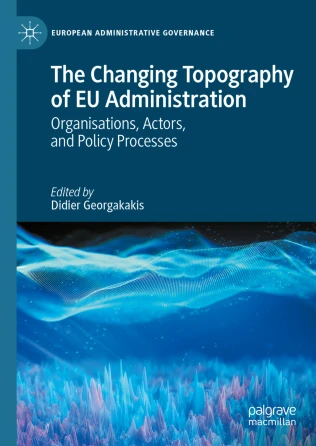Abstract
Jean-Claude Juncker’s mandate began with the ambition to increase transparency in the European Union. In what way does this announcement and the measures it involves constitute an inflection with respect to what was already largely done? What are the consequences of this new transparency policy? This chapter aims to answer these two questions. To do so, it first looks back at the diversity of transparency policies previously implemented and shows how Juncker’s policy manages to hold together a plurality of measures: readability of decision-making processes, access to information and citizen participation are synthesised in the publicisation imperative. In a second step, the text examines the consequences of this new transparency policy for the European administration. It shows that the measures implemented within the framework of the “Better Regulation” programme to increase the publicity of information and processes reinforce the weight of bureaucratic capital of administrative agents and interest representatives who evolve within the field of Eurocracy. Transparency thus strengthens the European bureaucracy.
This chapter is part of the book The Changing Topography of EU Administration - Organisations, Actors, and Policy Processes , published on 2024, Dec. 26.


